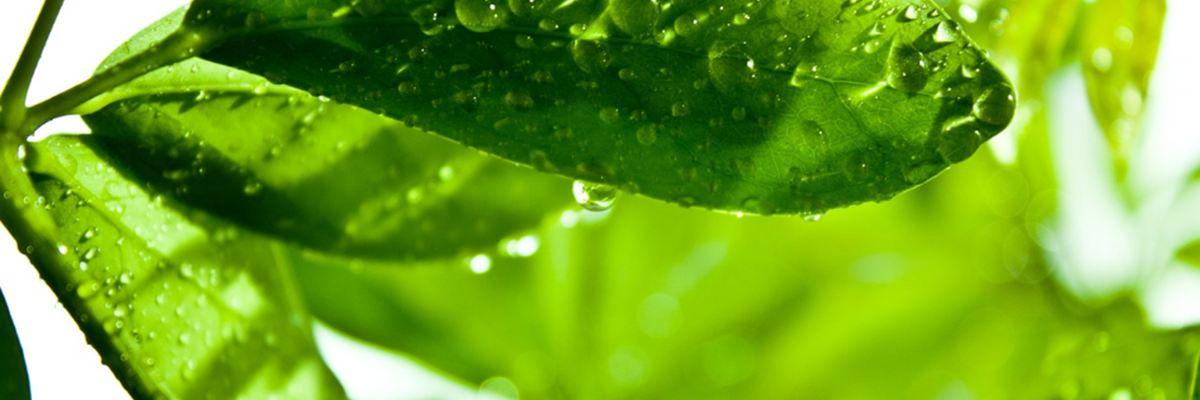
Organic sector policy EU
As of 1 January 2022, the new regulation on organic production and labelling of organic products will enter into force ("the new organic regulation"). This is the reason for a column about the rules that will apply to organic products. In the coming months, each column will deal with a different subject: from labelling to supervision & enforcement, from conversion products to animal feed. What about the EU policy behind this regulation? Greendeal, Farm2Fork? How does it all relate? Read it here.
System of policies
The EU policy on organic food is strongly influenced by the EU Common Agricultural Policy, as well as by the Green Deal on climate objectives and the Farm to Form strategy on food in general.
Organic Action Plan
The Action Plan on Organic Production of March 2021 has its origins in the Green Deal and establishes links with the other EU policy documents as described in this chapter. As the main goal of the Green Deal is a sustainable, climate-neutral Europe by 2050, for which it is "essential" to manage the transition to a more sustainable food system, in particular by strengthening farmer efforts to tackle climate change, protect the environment and preserve biodiversity", organic farming must grow.
Goal
According to the European Commission, the farming community has a vital role to play in achieving these goals. Farmers are on the front line in terms of climate change impacts and biodiversity loss, while unsustainable farming practices remain a major cause of biodiversity loss. "Organic farmers are the pioneers of the sustainable agriculture of the future. They are opening avenues in greening agriculture and promoting innovative production techniques that are friendly to the environment, circularity and animal welfare, the European Commission describes. The main benefit of this strategy is that organically farmed land is approximately 30% more biodiverse than conventionally farmed land.
Design
The action plan is organised along three axes that correspond to the structure of the food supply chain (production, processing, and retail and consumers). Increasing consumption of organic products is vital to encourage farmers to convert to organic farming (axis 1). Further production incentives are also needed to meet the target of 25% of cultivated land being cultivated by organic methods by 2030 and to significantly expand organic aquaculture (Axis 2). Finally, the contribution of the organic sector to sustainability and environmental challenges should be further improved (Axis 3). The Action Plan also takes into account the results of the public consultation held between September and November 2020, which confirmed strong support from both stakeholders and the wider public for the Action Plan and the actions proposed therein.
The Action Plan on Organic Production includes the following concrete actions:
- Promoting organic canteens and increasing the use of green public procurement
- Strengthening organic school schemes
- Preventing food fraud and enhancing consumer confidence
- Improving traceability.
- The contribution of the private sector
- Encouraging conversion, investment and exchange of best practices
- Developing sector analyses to make the market more transparent
- Supporting the organisation of the food chain
- Strengthening local processing and processing of small quantities and promoting short trade circuits
- Improving animal nutrition in accordance with the organic rules
- Strengthening organic aquaculture
- Reducing the climate and environmental footprint
- Strengthening genetic biodiversity and increasing yields
- Alternatives to controversial inputs and other plant protection products
- Improving animal welfare
- More efficient use of resources
Encouraging
The Commission intends to increase the share of research and innovation (R&D) and dedicate at least 30% of the budget for research and innovation actions in the field of agriculture, forestry and rural areas to topics specific to or relevant for the organic sector.
In order to support these actions in the organic sector and maintain a balanced and profitable market for organic operators, the European Commission considers it crucial to stimulate the overall demand for organic products. In order to raise awareness about organic production, the Commission will organise an EU wide organic food day too!